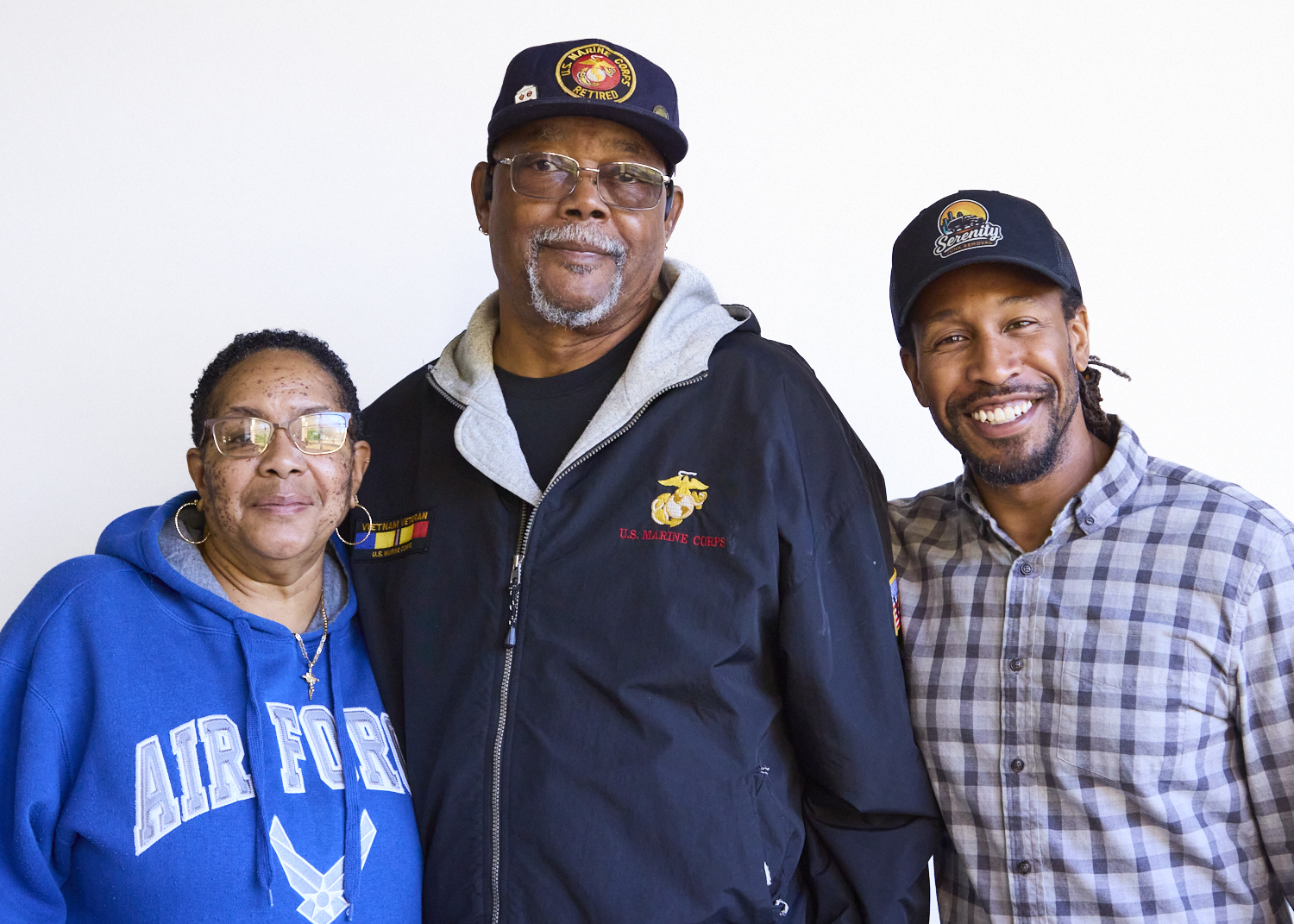When families face the challenge of selecting hospice care for a loved one, the decision can feel overwhelming. According to the Centers for Disease Control and Prevention, there are thousands of hospice providers across the United States, making the selection process both important and potentially complex for families during an already difficult time.
Finding the right hospice provider isn’t just about addressing medical needs—it’s about ensuring your loved one receives comprehensive, compassionate care that aligns with their wishes and values. This guide will help you navigate the process of selecting a hospice care service that offers the support, dignity, and quality of care your family deserves during this important time.
Why Choosing the Right Hospice Provider Matters
The care specialists you select will become an extension of your family during a deeply personal journey. They’ll not only manage your loved one’s physical comfort but also provide emotional support, spiritual care, and practical assistance for both the patient and family members.
The right support team can transform this experience by:
- Effectively managing pain and symptoms
- Honoring your loved one’s wishes and preferences
- Supporting family caregivers with education and respite
- Providing emotional and spiritual guidance
- Ensuring dignity and quality of life until the very end
Essential Criteria for Selecting a Hospice Provider
When evaluating potential hospice organizations, consider these key factors to ensure you’re making the best choice for your loved one’s needs.
Accreditation and Certification
Medicare Certification: Ensure the hospice is Medicare-certified, which means they meet specific federal standards for patient care and organizational practices. Most hospice services are covered by the Medicare Hospice Benefit, which typically pays for all necessary services with little to no cost to the patient or family.
Accreditation: While not required, accreditation from organizations like The Joint Commission or the Community Health Accreditation Partner indicates that a hospice provider has voluntarily sought additional quality evaluation.
Range and Quality of Services
Hospice is more than medical care—it’s a comprehensive approach that addresses the whole person and their family. A quality provider should offer a full spectrum of services including:
- Medical Care: Expert pain and symptom management with physician oversight
- Personal Care: Assistance with bathing, grooming, and other daily needs
- Emotional Support: Counseling services for patients and family members
- Spiritual Care: Chaplains or spiritual advisors who respect personal beliefs
- Practical Support: Help with meals, light housekeeping, and errands
Staff Qualifications and Availability
The expertise and responsiveness of the care team directly impacts the quality of care your loved one receives. The hospice team should include qualified professionals dedicated to end-of-life care with these characteristics:
- 24/7 Availability: Round-the-clock access to support is essential
- Staff-to-Patient Ratio: Lower ratios generally mean more personalized attention
- Specialized Training: Staff should have specific training in hospice and palliative care
- Continuity of Care: Consistent caregivers who build relationships with patients and families
Location and Setting Options
Hospice care can be provided in various settings based on the patient’s needs and preferences. Consider where hospice care will be provided and whether the care partner offers flexibility in these options:
- Home-Based Care: Services provided in your own home
- Inpatient Facilities: Dedicated hospice houses for those who need a higher level of care
- Nursing Home or Assisted Living: Hospice services provided within these settings
- Inpatient Respite: Short-term care options to give family caregivers a break
Reputation and Reviews
The experiences of other families can provide valuable insights into the quality of care you can expect. Take time to research the organization’s standing in the community through these sources:
- Medicare’s Care Compare Tool: Check quality ratings on Medicare’s website
- Online Reviews: Read experiences from other families
- Community Reputation: Ask for recommendations from healthcare providers, friends, and neighbors
- Years of Experience: Consider how long the hospice agency has been serving your community
Questions to Ask When Choosing a Hospice Provider
Before making your decision, schedule a consultation with potential providers. Here are essential questions to help guide your conversation:
About Services and Care
- What services are included in your hospice care, and are there any services you don’t provide?
- How quickly can care begin once a referral is made?
- What is your approach to pain management and symptom control?
- How often will different team members visit, and how long do visits typically last?
- What happens if symptoms can’t be managed at home?
- How do you handle after-hours emergencies?
About Staff and Communication
- Who will be part of my loved one’s care team, and what are their qualifications?
- Will we have the same caregivers consistently, or will they rotate?
- How is the care plan developed, and how often is it reviewed?
- How do you communicate with family members about changes in condition?
- What is your typical response time to calls or concerns?
- What is your staff-to-patient ratio?
- What kind of training do your staff members receive?
About Practical Matters
- What are my responsibilities as a family caregiver?
- How do you handle medication delivery and medical equipment needs?
- What costs might not be covered by insurance or Medicare?
- What options do you offer for respite care when family caregivers need a break?
- What support services do you offer for family members?
- How do you handle transitions between home and inpatient care if needed?
- What bereavement services do you provide after a loved one’s death?
Special Considerations When Choosing a Hospice Provider
Cultural and Spiritual Alignment
Does the support team respect and accommodate your loved one’s cultural traditions, religious practices, and personal values? This alignment is crucial for providing truly personalized care.
Geographic Coverage
If you live in a rural area, ensure the provider can guarantee timely visits and emergency response. Also consider the location of any inpatient facilities if they might be needed.
Volunteer Services
Many hospices offer trained volunteers who provide companionship, practical help, or specialized services like music therapy or pet visits. Ask about volunteer availability and services.
Family Support Services
Beyond patient care, how does the provider support family members? Look for family education, counseling services, and grief support that extends beyond the hospice period.
Making Your Final Decision
After gathering information from several organizations, take time to reflect on which one best meets your loved one’s needs and aligns with their wishes. Consider involving other family members in the decision when appropriate and trust your instincts about which provider feels most compassionate and responsive.
When you’re ready to explore hospice options, Carolina Caring is here to help. Our compassionate team provides comprehensive hospice services in North Carolina, focusing on comfort, dignity, and quality of life. To learn more about our approach to hospice care, contact our care team today. We’re here to answer your questions and guide you through this important decision with respect and understanding.




